Vietnam is recognized as one of the world's most biodiverse…

Growing Sustainability: Shared Journey to FSC Certification
In the Central Highlands of Vietnam, rubber plantations stretch across the landscape, a vital part of the local economy. For years, these plantations faced the challenge of balancing economic growth with environmental responsibility. This year, a significant step forward was taken: Dak Lak Rubber One Member Limited Liability Company (Dakruco) achieved FSC FM (Forest Management) and FSC CoC (Chain of Custody) certifications from the Forest Stewardship Council (FSC) for over 1,100 hectares of rubber forest.
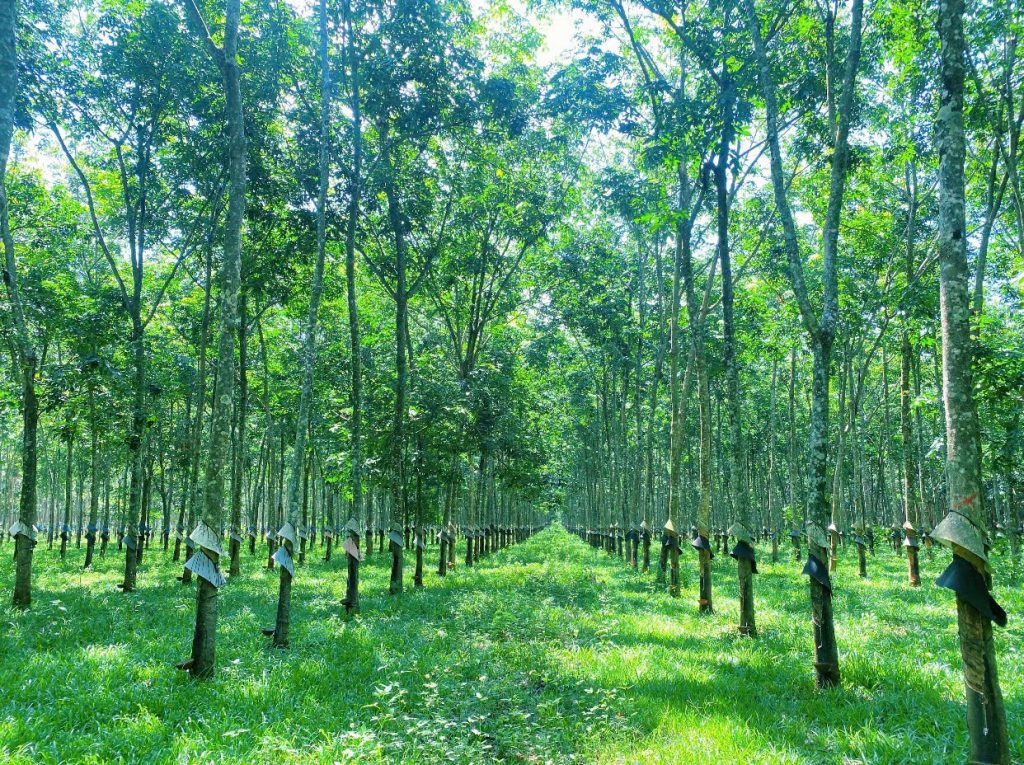
This milestone didn’t happen overnight. It reflects years of effort, learning, and collaboration. At PanNature, we feel fortunate to have been part of this journey, providing technical support through the Green Livelihoods Alliance project (GLA2). Together with Dakruco, we focused on integrating sustainable practices, protecting forest ecosystems, and maintaining biodiversity while ensuring that the plantations could thrive economically.
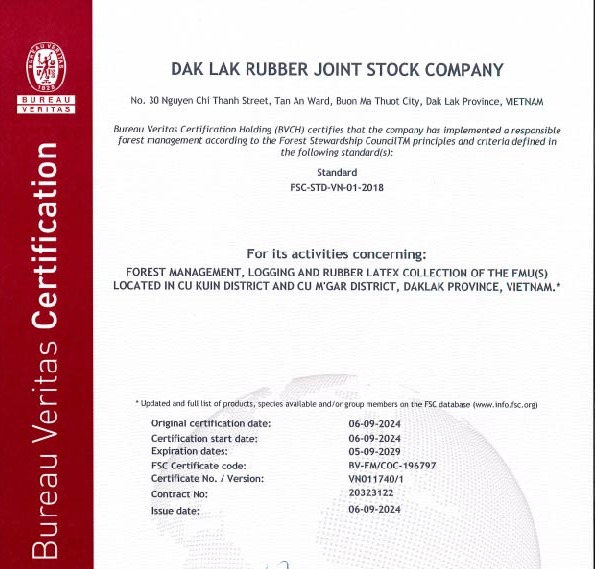
The path to certification was not without challenges. Adopting environmentally responsible forestry practices required commitment and a willingness to adapt. From designing sustainable management plans to supporting post-planting care, every step required teamwork and persistence. Dakruco’s dedication is a testament to how industries can evolve to meet both environmental and market demands.
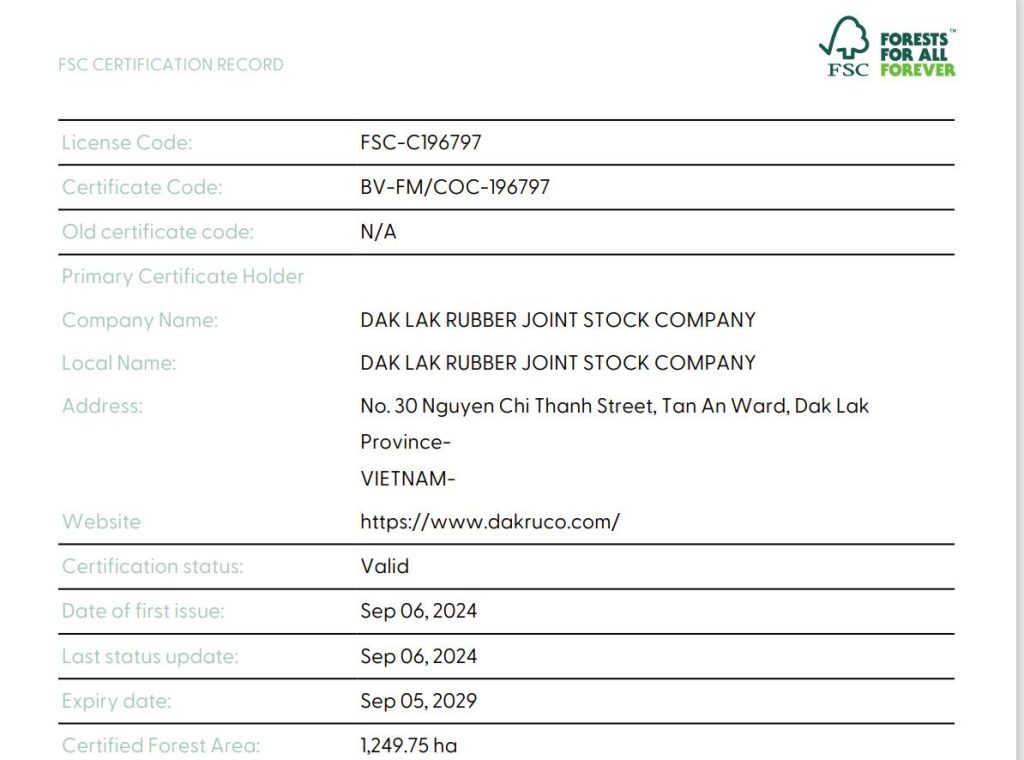
The FSC certification means more than access to premium markets or recognition. It symbolizes a shift in how forests are valued—not just as economic assets but as ecosystems that support biodiversity, clean air, and local livelihoods. For the communities around these plantations, it means improved job opportunities, enhanced social welfare, and a shared sense of responsibility for the environment.
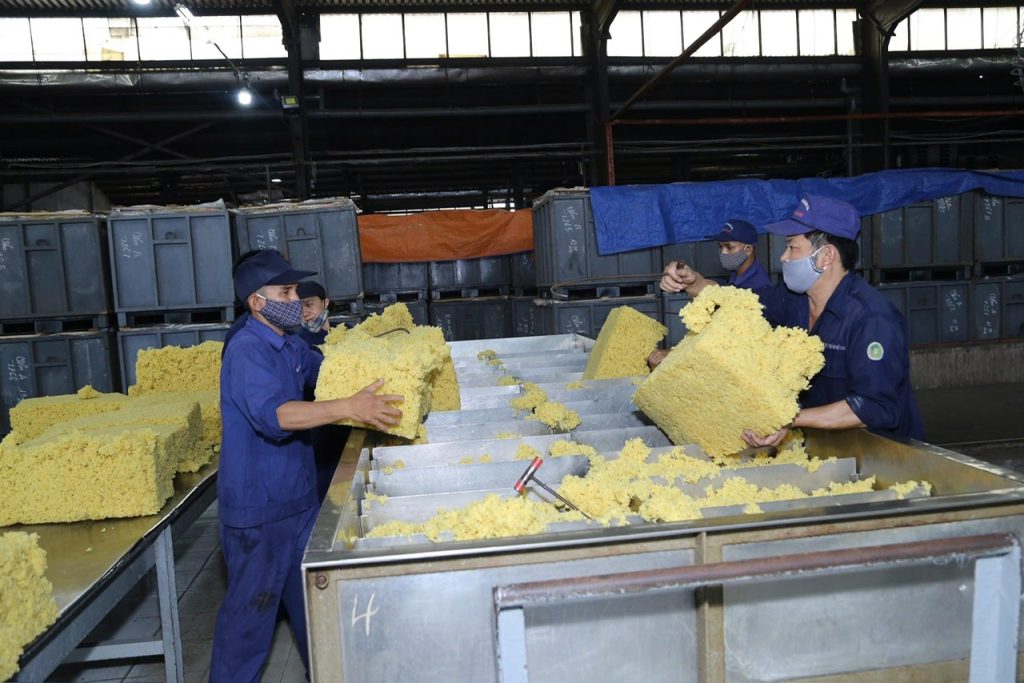
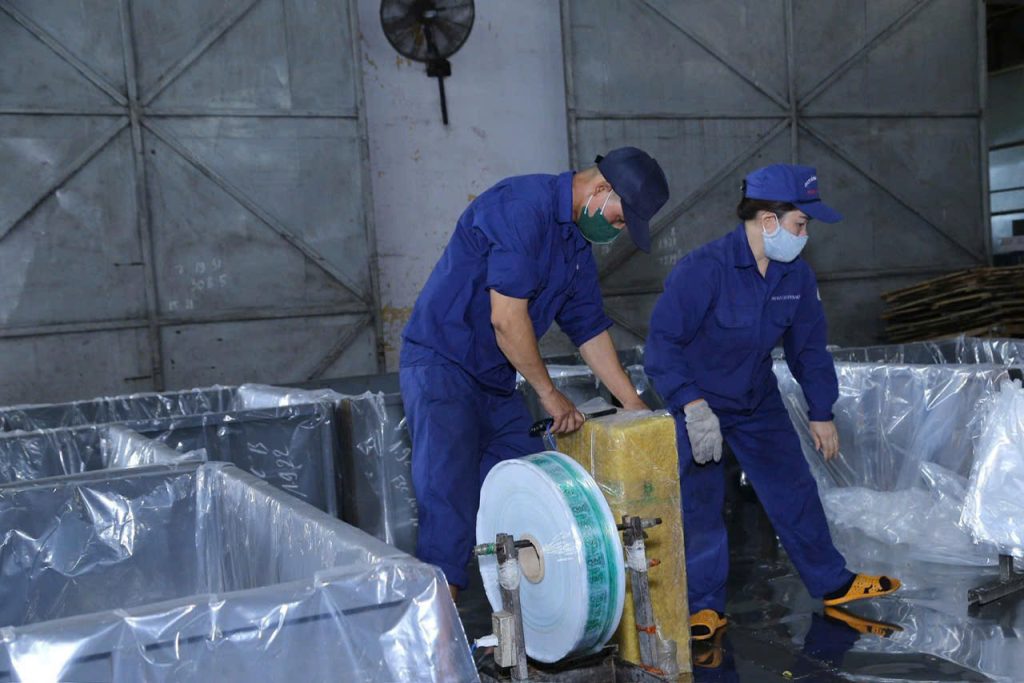
This is a shared achievement that highlights the power of partnerships. It’s also a reminder that sustainability isn’t a destination; it’s an ongoing journey. We hope this story inspires others in the rubber industry to take similar steps, proving that businesses can thrive while safeguarding the environment and supporting local communities.
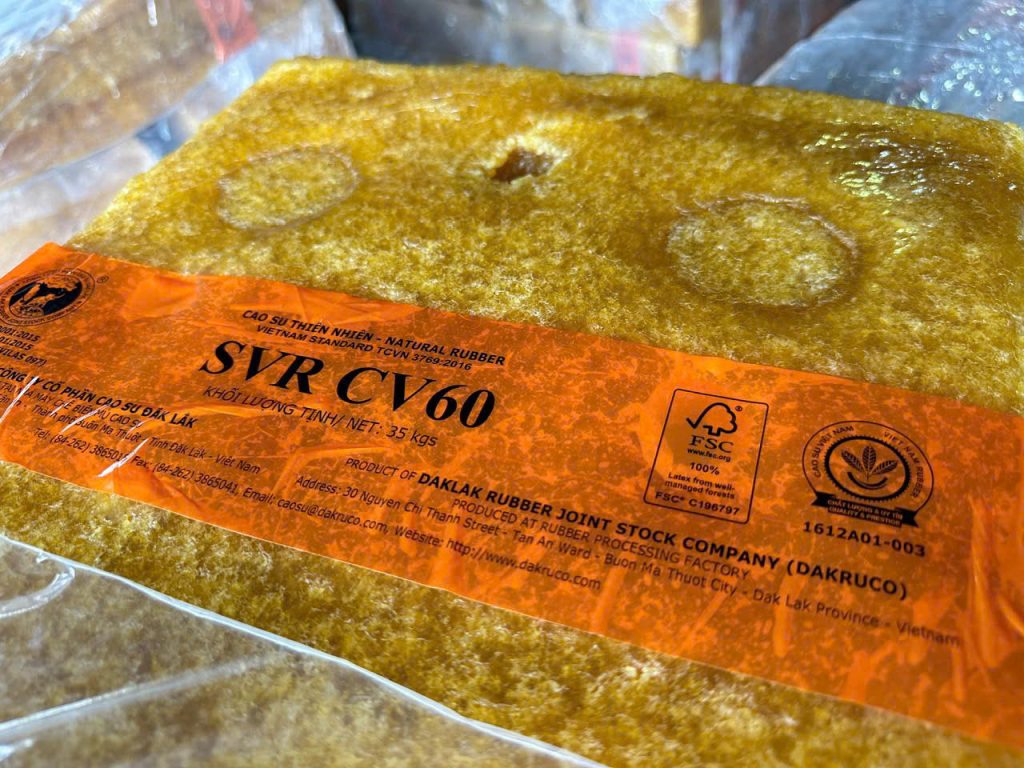
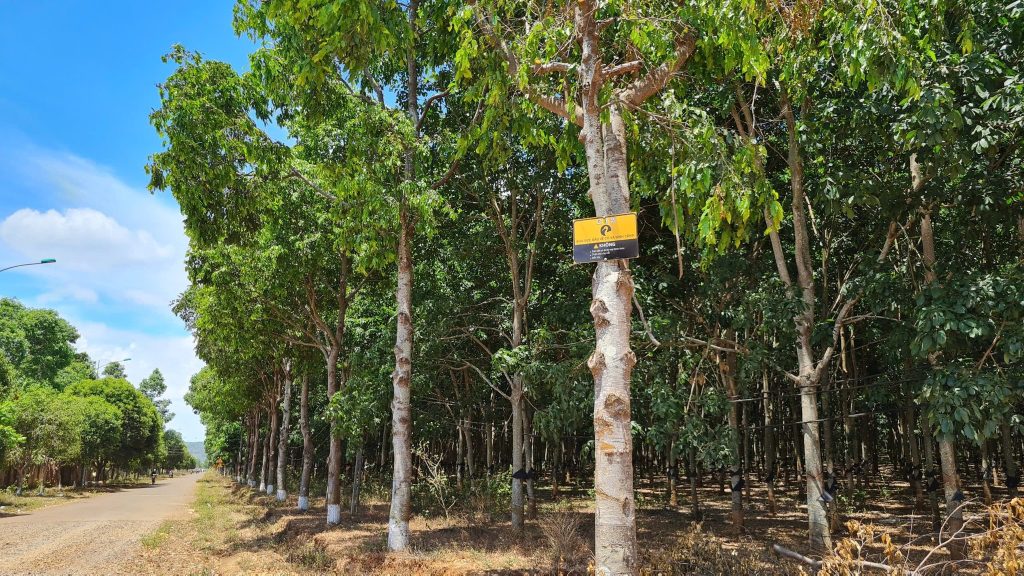
As we continue this work, we remain committed to fostering collaborations that make a real difference. Together, we can build a future where economic growth and environmental stewardship go hand in hand—a future where Vietnam’s forests remain a source of life and hope for generations to come.



